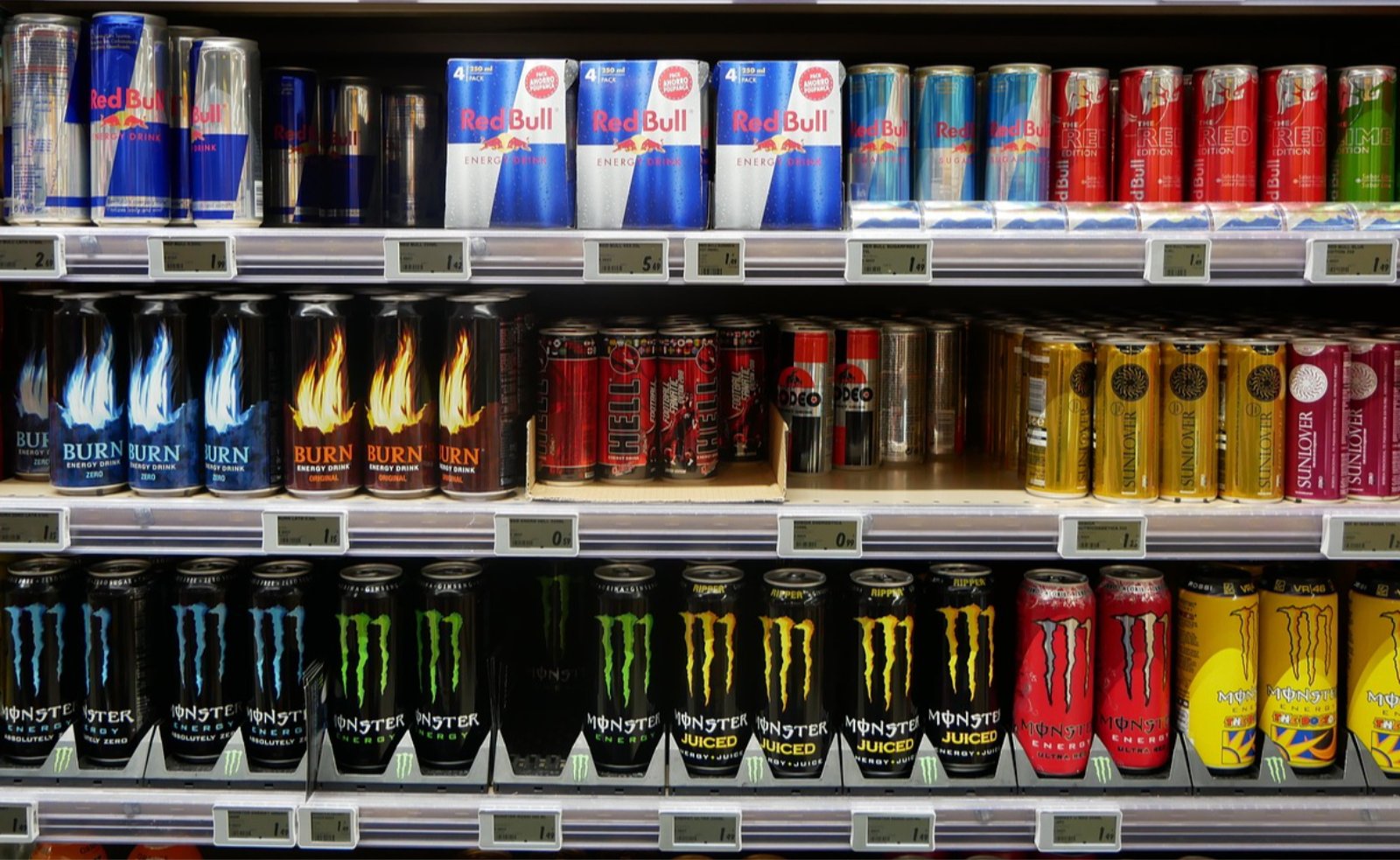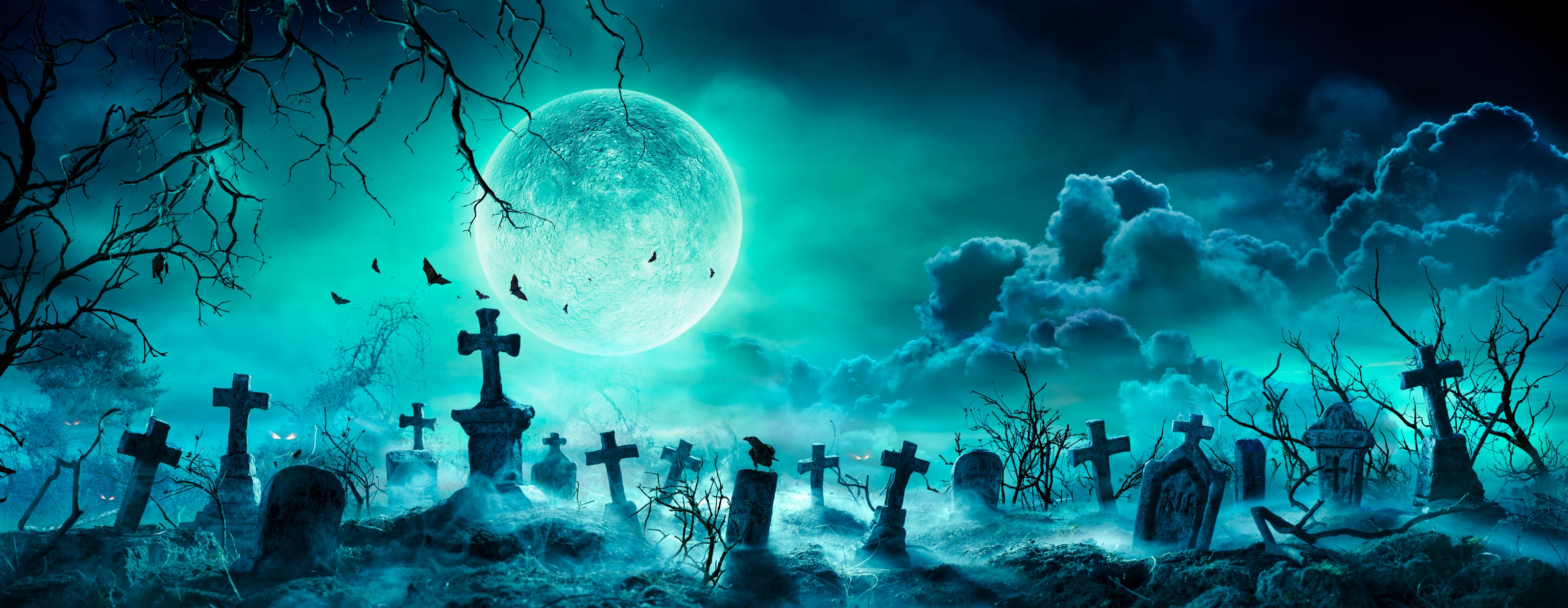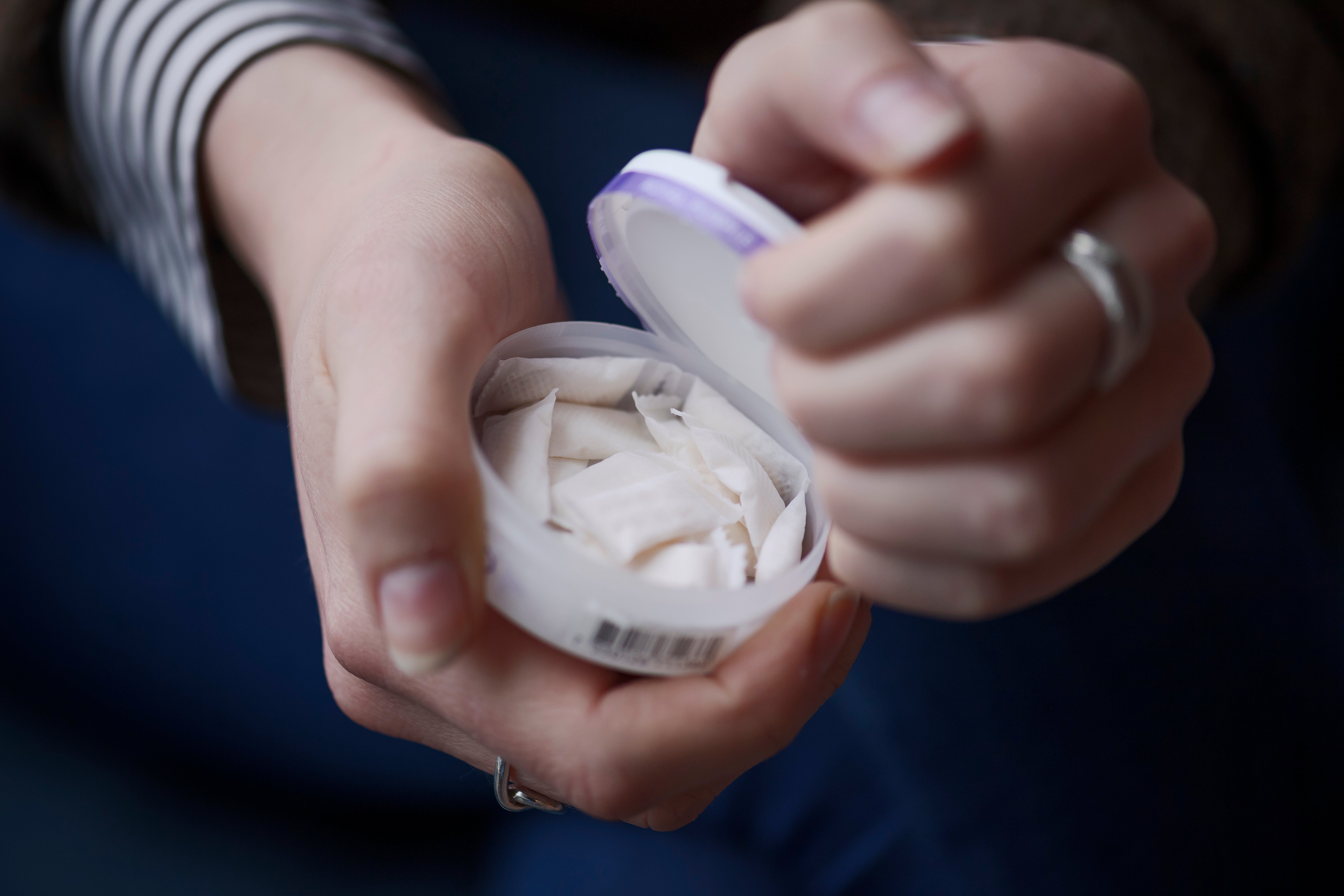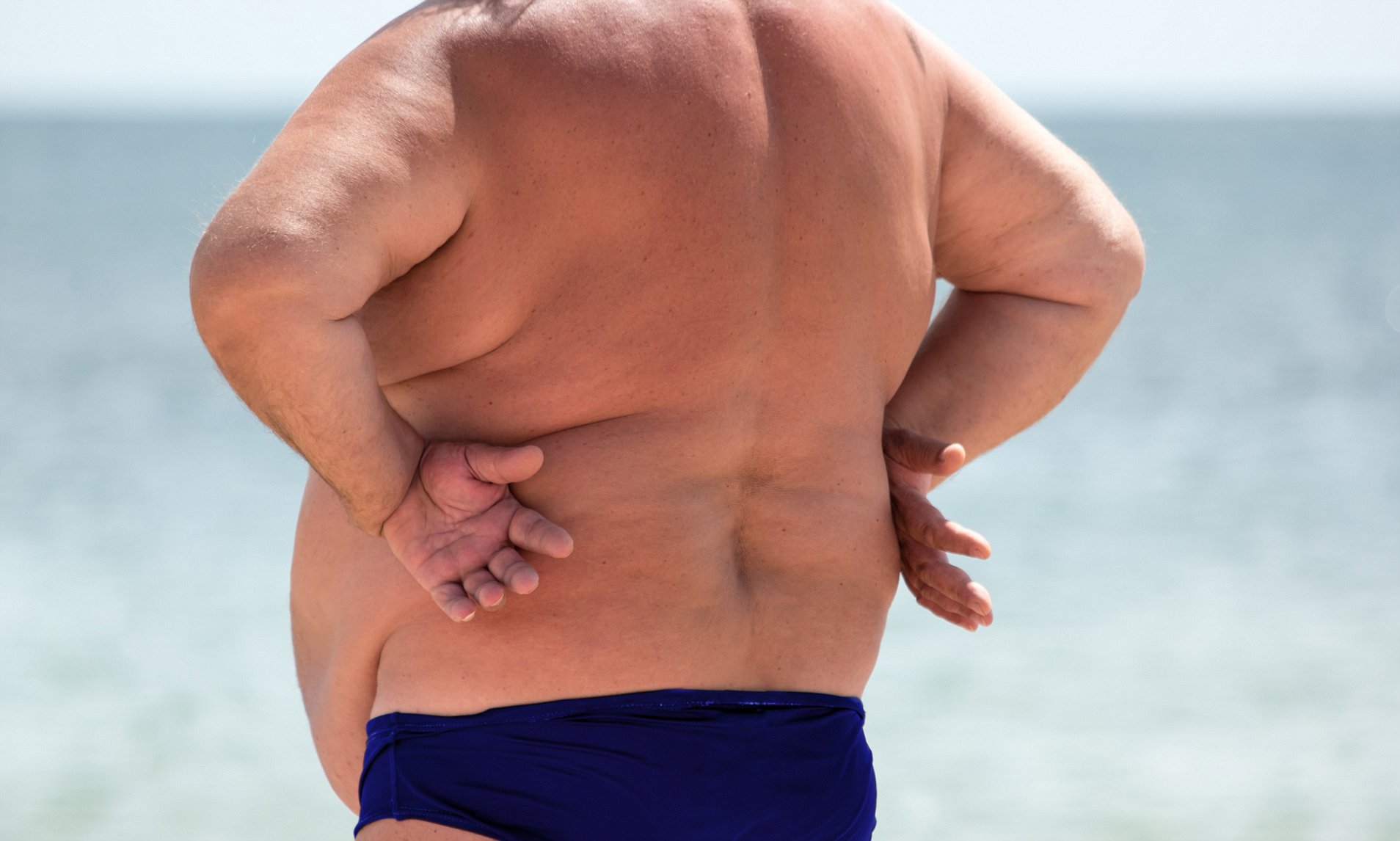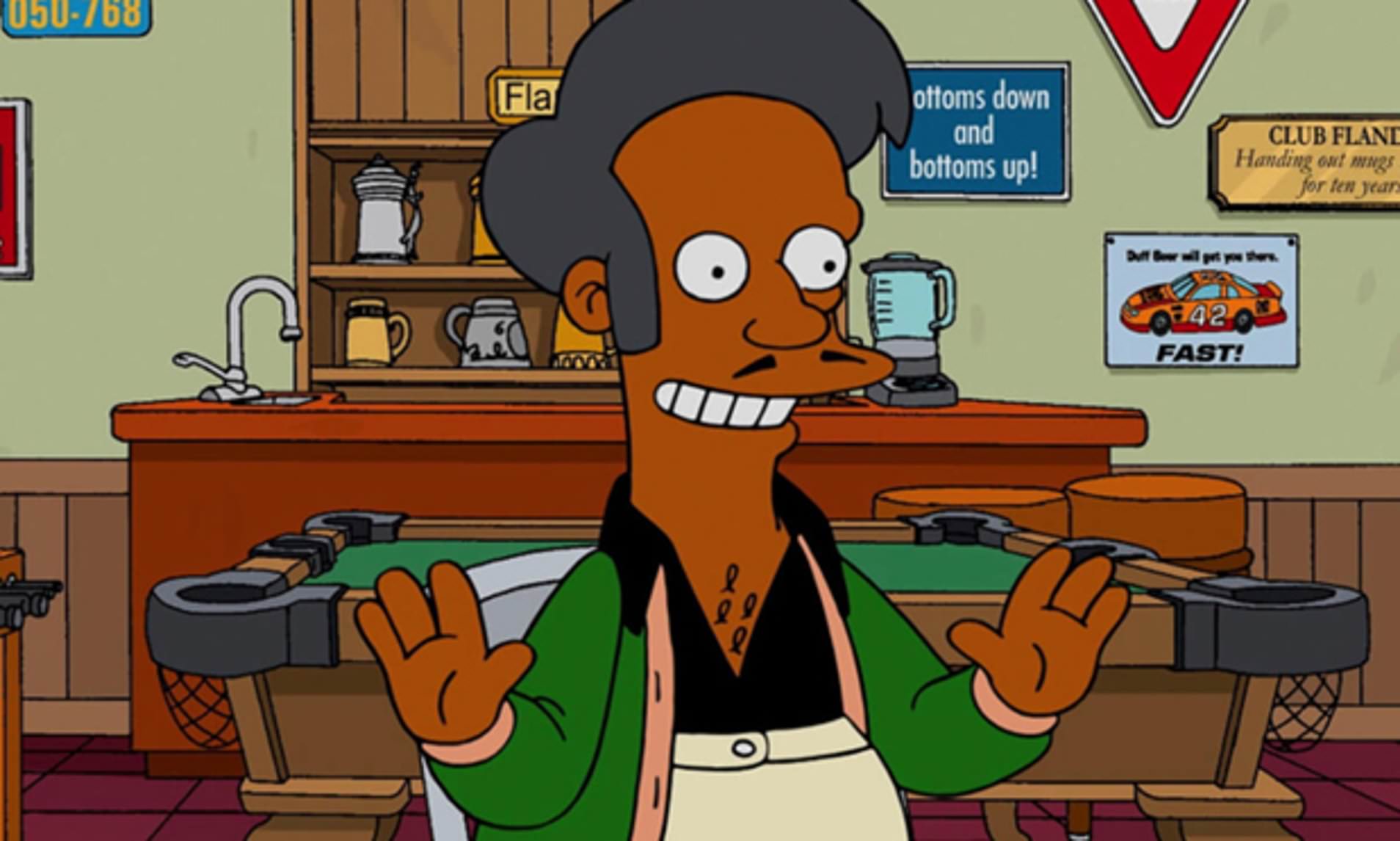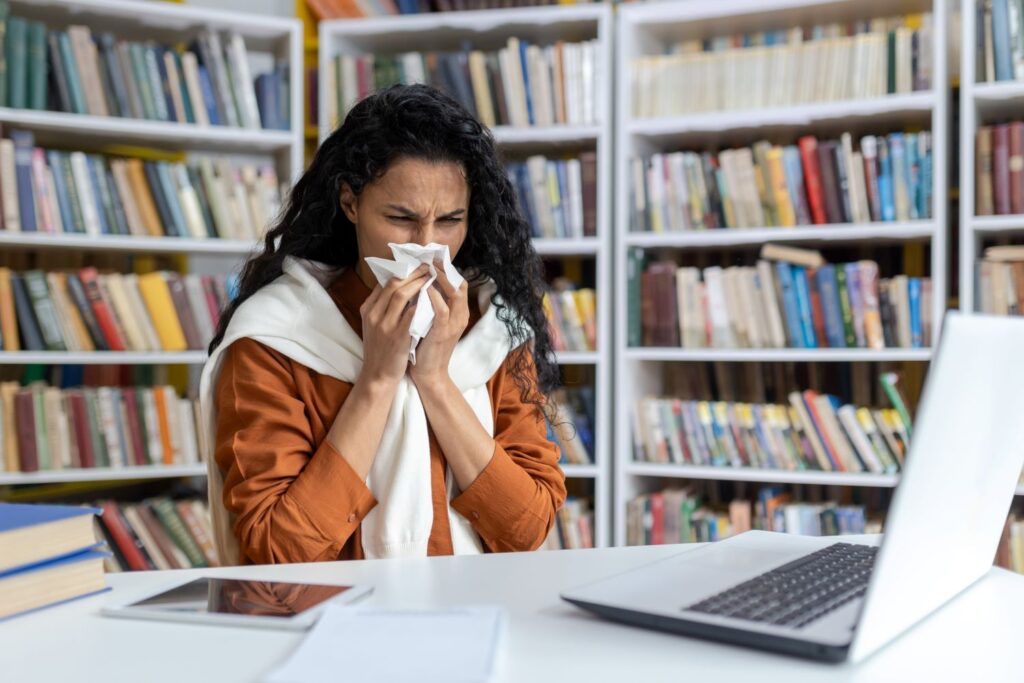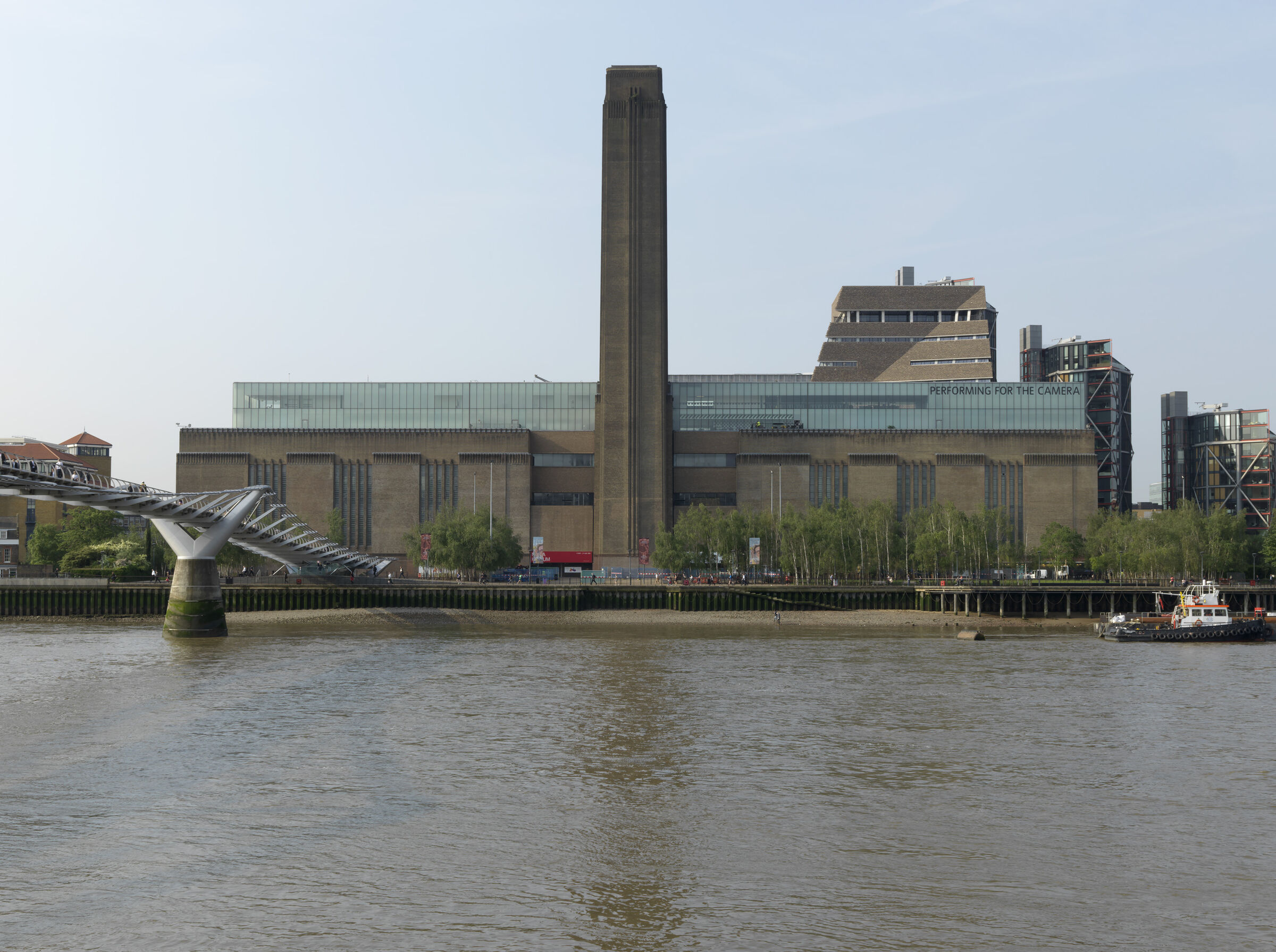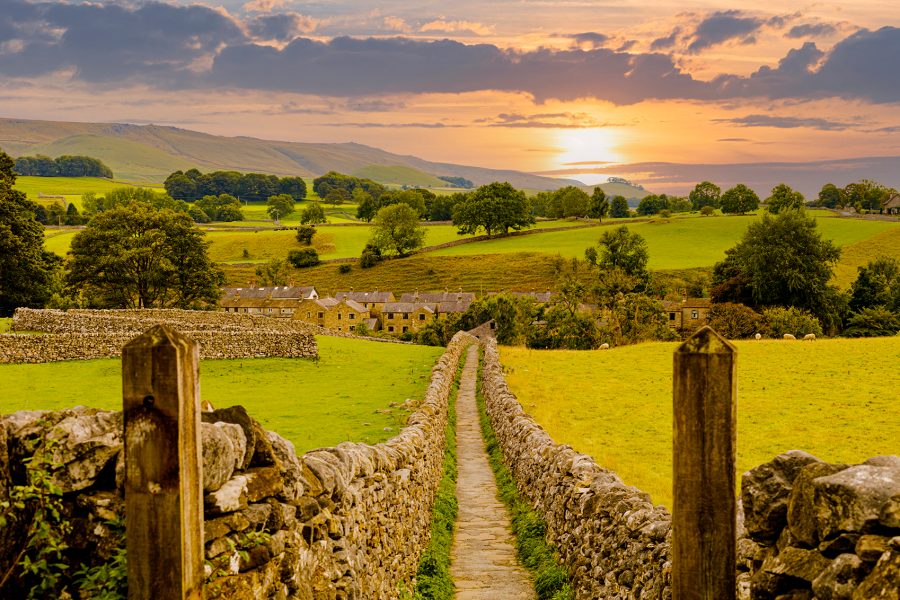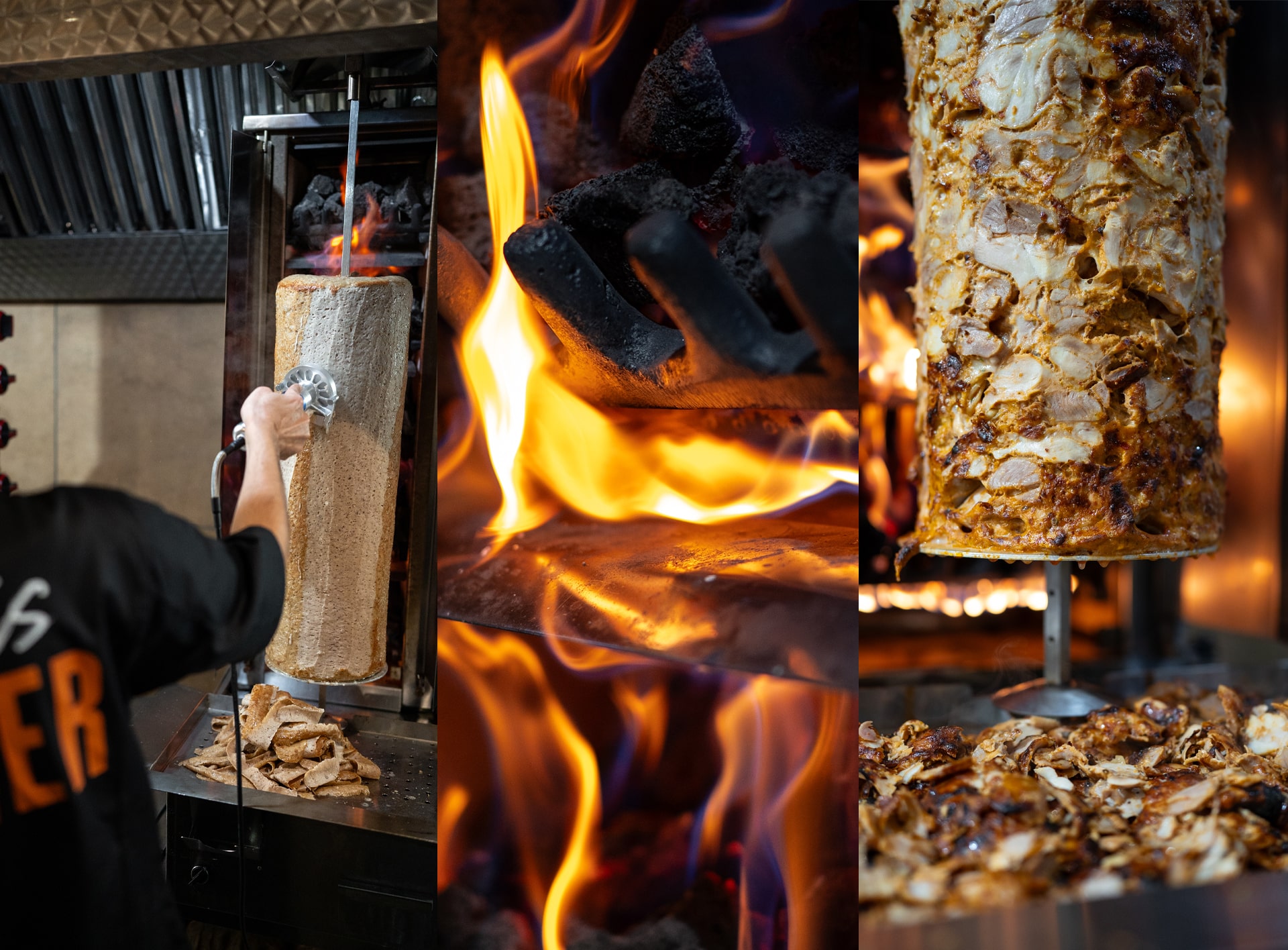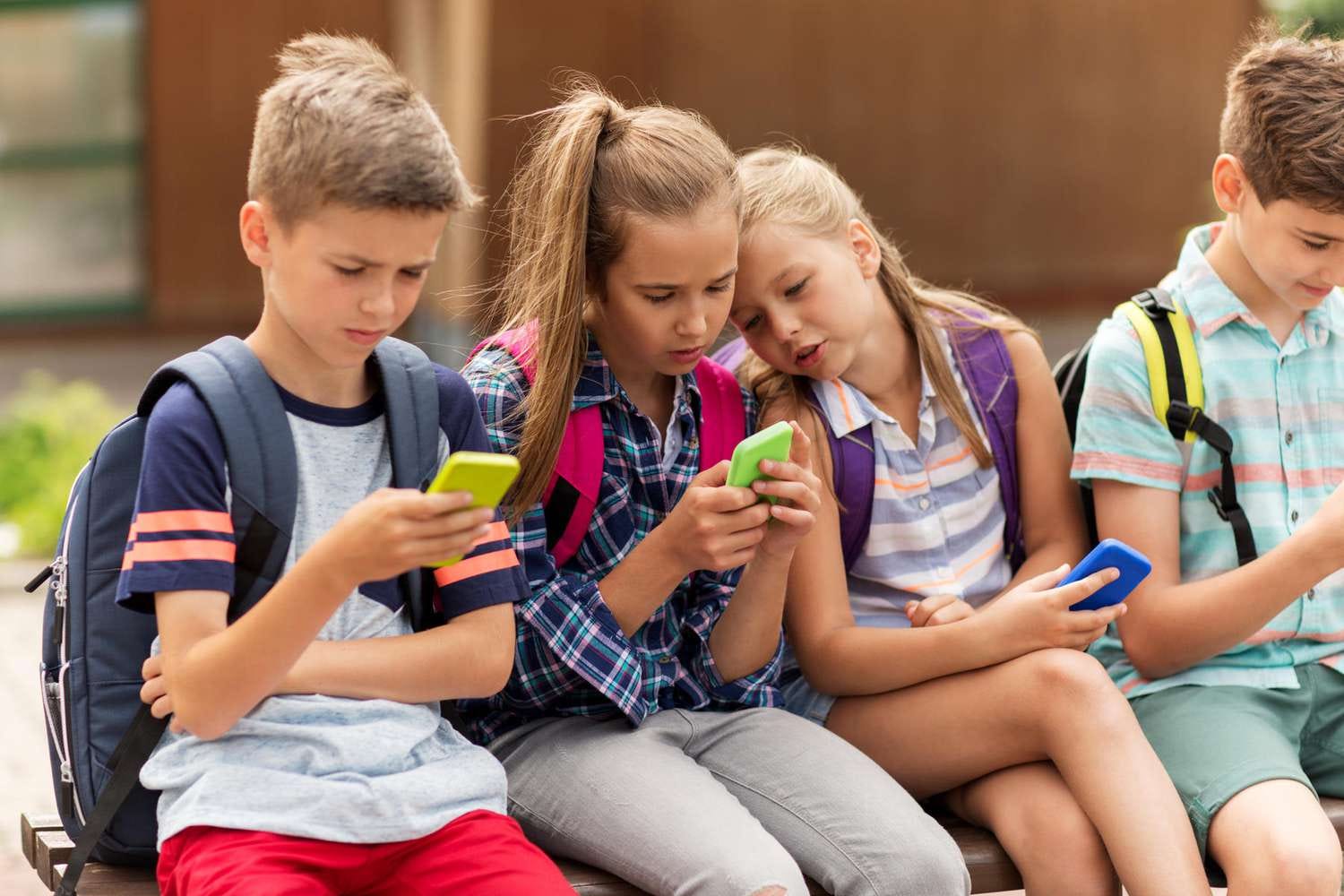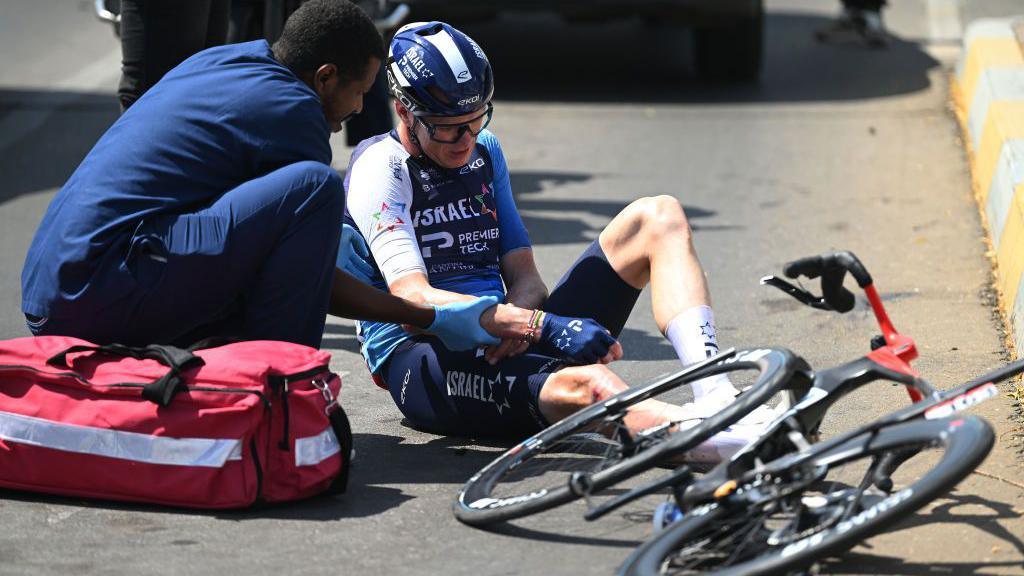A government plan will make it illegal to sell nenergy drinks with more than 150mg per litre to anyone under 16 across all retailers, including online, in shops, restaurants, cafes and vending machines.
Lower-caffeine soft drinks, such as Coca‑Cola, Coca‑Cola Zero, Diet Coke and Pepsi, are not affected, and neither are tea and coffee. However, high caffeine drinks such as Red Bull, Monster, Relentless and Prime would all breach the limit.
Major supermarkets including Tesco, Sainsbury’s, Waitrose, Morrisons and Asda have stopped selling the drinks already but research suggests some smaller convenience stores are still selling them to children
According to ministers, a ban could prevent obesity in up to 40,000 children and will help prevent issues such Around 100,000 children are thought to consume at least one high-caffeine energy drink every day.as disrupted sleep, increased anxiety and lack of concentration, as well as poorer school results.
Health and social care secretary Wes Streeting said: “How can we expect children to do well at school if they have the equivalent of a double espresso in their system on a daily basis? “Energy drinks might seem harmless, but the sleep, concentration and wellbeing of today’s kids are all being impacted while high sugar versions damage their teeth and contribute to obesity.
“As part of our plan for change and shift from treatment to prevention, we’re acting on the concerns of parents and teachers and tackling the root causes of poor health and educational attainment head on.
“By preventing shops from selling these drinks to kids, we’re helping build the foundations for healthier and happier generations to come.”
According to the Department of Health, up to one in three children aged 13 to 16, and nearly a quarter of children aged 11 to 12, consume one or more high-caffeine energy drinks every week.
Professor Steve Turner, president of the Royal College of Paediatrics and Child Health, said: “Paediatricians are very clear that children or teenagers do not need energy drinks.
“Young people get their energy from sleep, a healthy balanced diet, regular exercise and meaningful connection with family and friends.
“There’s no evidence that caffeine or other stimulants in these products offer any nutritional or developmental benefit, in fact growing research points to serious risks for behaviour and mental health.
“Banning the sale of these products to under-16s is the next logical step in making the diet of our nation’s children more healthy.”
It iis no wonder these drinks appeal to kids.

